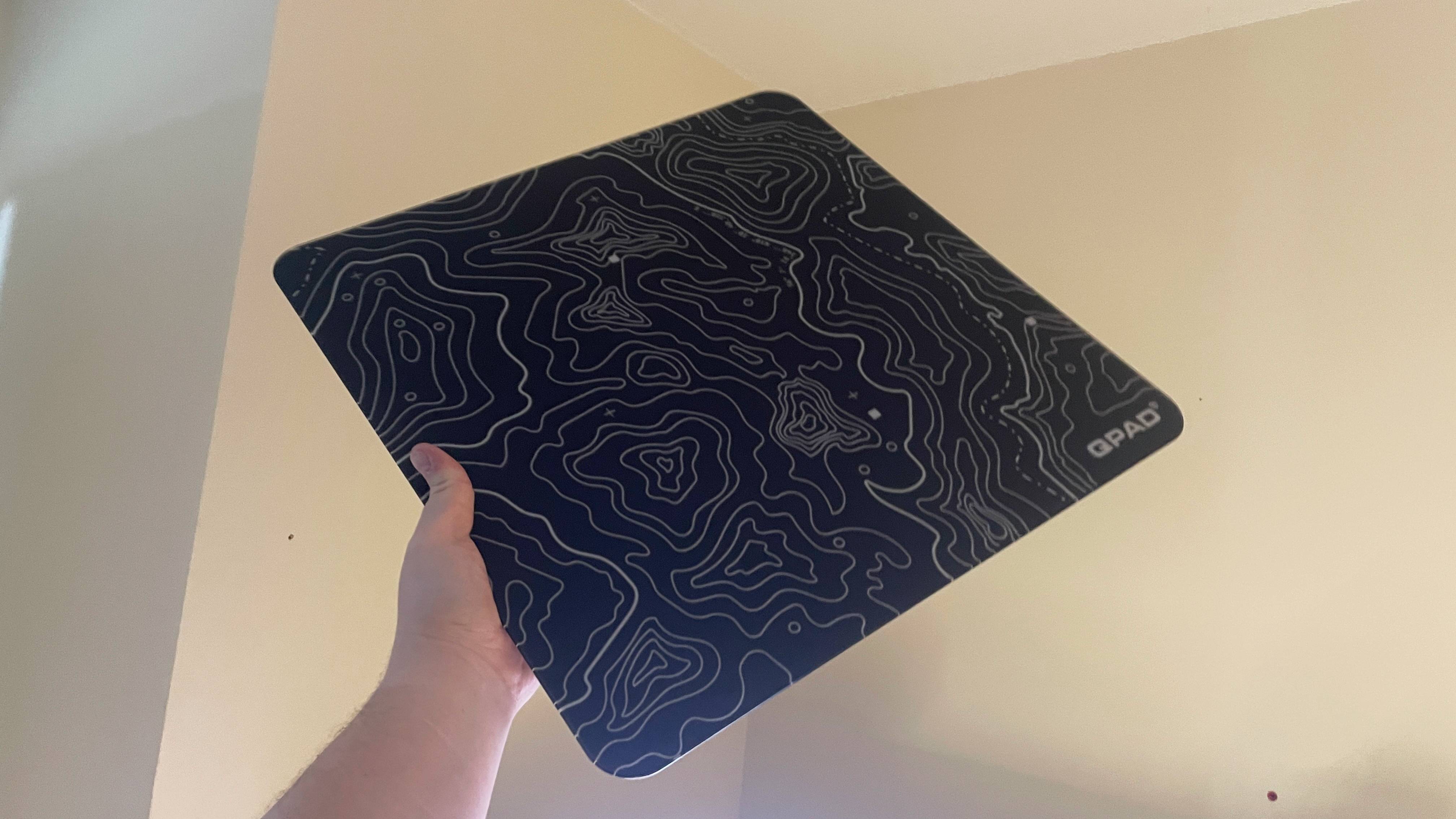After years of being criticized as old-fashioned, turn-based RPGs are absolutely crushing it with new ideas
You can't open up the Steam store without finding a promising turn-based RPG in 2025.
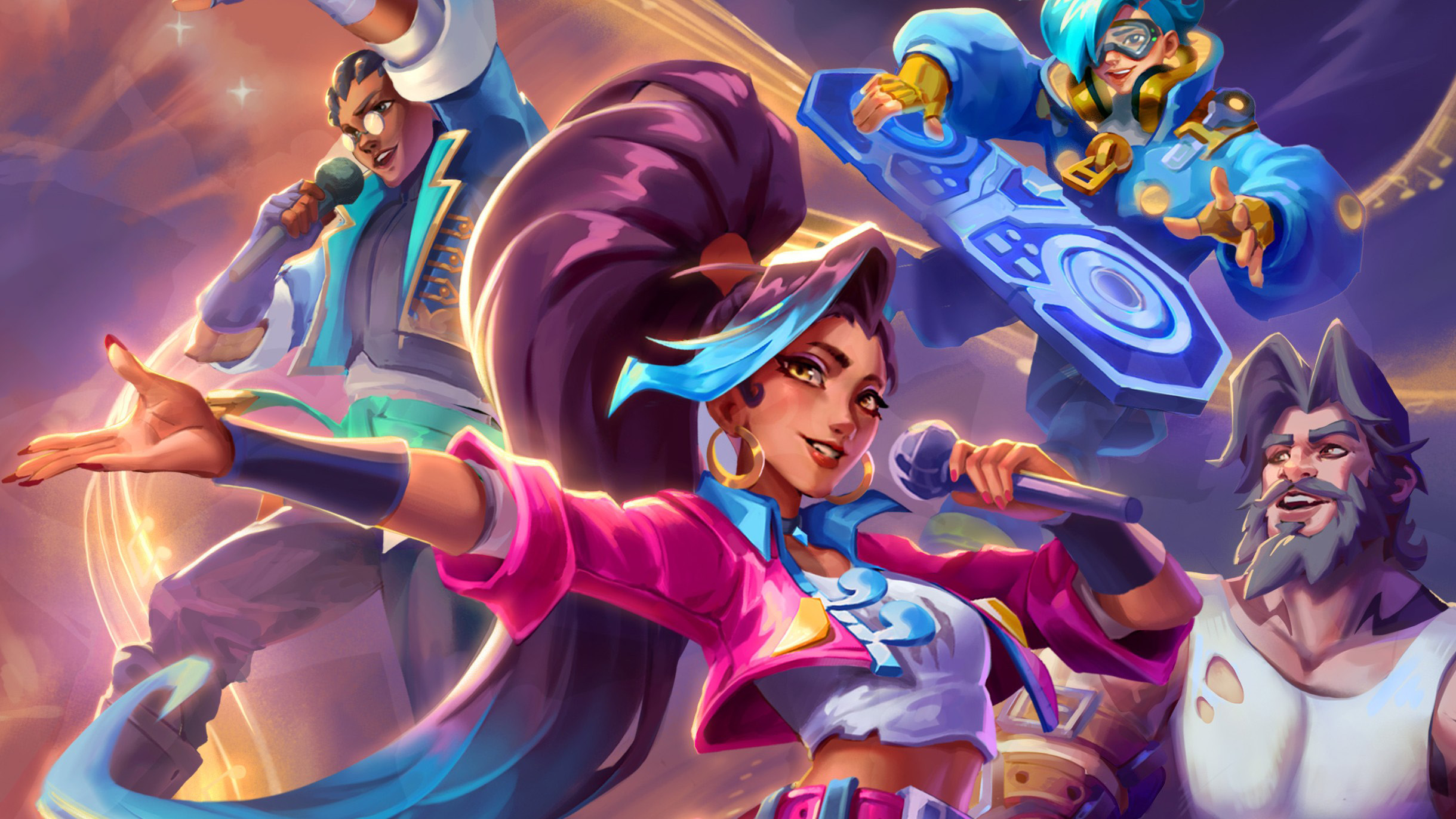
Keep up to date with the most important stories and the best deals, as picked by the PC Gamer team.
You are now subscribed
Your newsletter sign-up was successful
Want to add more newsletters?

Every Friday
GamesRadar+
Your weekly update on everything you could ever want to know about the games you already love, games we know you're going to love in the near future, and tales from the communities that surround them.

Every Thursday
GTA 6 O'clock
Our special GTA 6 newsletter, with breaking news, insider info, and rumor analysis from the award-winning GTA 6 O'clock experts.

Every Friday
Knowledge
From the creators of Edge: A weekly videogame industry newsletter with analysis from expert writers, guidance from professionals, and insight into what's on the horizon.

Every Thursday
The Setup
Hardware nerds unite, sign up to our free tech newsletter for a weekly digest of the hottest new tech, the latest gadgets on the test bench, and much more.

Every Wednesday
Switch 2 Spotlight
Sign up to our new Switch 2 newsletter, where we bring you the latest talking points on Nintendo's new console each week, bring you up to date on the news, and recommend what games to play.

Every Saturday
The Watchlist
Subscribe for a weekly digest of the movie and TV news that matters, direct to your inbox. From first-look trailers, interviews, reviews and explainers, we've got you covered.

Once a month
SFX
Get sneak previews, exclusive competitions and details of special events each month!
For years, the developers of Final Fantasy have fretted that a big audience will no longer show up for turn-based games: that to make a flashy, expensive RPG these days, it's all about the action. Perhaps that's true when you need a game to sell in the tens of millions, but within the same period of time that both Final Fantasy 16 and Final Fantasy 7 Rebirth have failed to meet the company's lofty expectations, turn-based RPGs in general have been on such a hot streak that they're making their action contemporaries look dusty by comparison.
While in Tokyo last week for TGS I played three turn-based RPGs, and I only realized in hindsight that the genre unintentionally represented most of the demo time I was able to squeeze in when not filming interviews for the PC Gaming Show. All three were fun, completely different, and embody the hot streak that turn-based RPGs have been on for at least the last year.
I'm specifically thinking of more Japanese-style RPGs, here, though of course if we jump back to 2023's Baldur's Gate 3 turn-based games don't need much defending. But after all the talk back then about BG3 raising the bar for RPGs as a whole, I've been delighted this year to see JRPGs of many styles and budgets reaching for new, clever ideas.
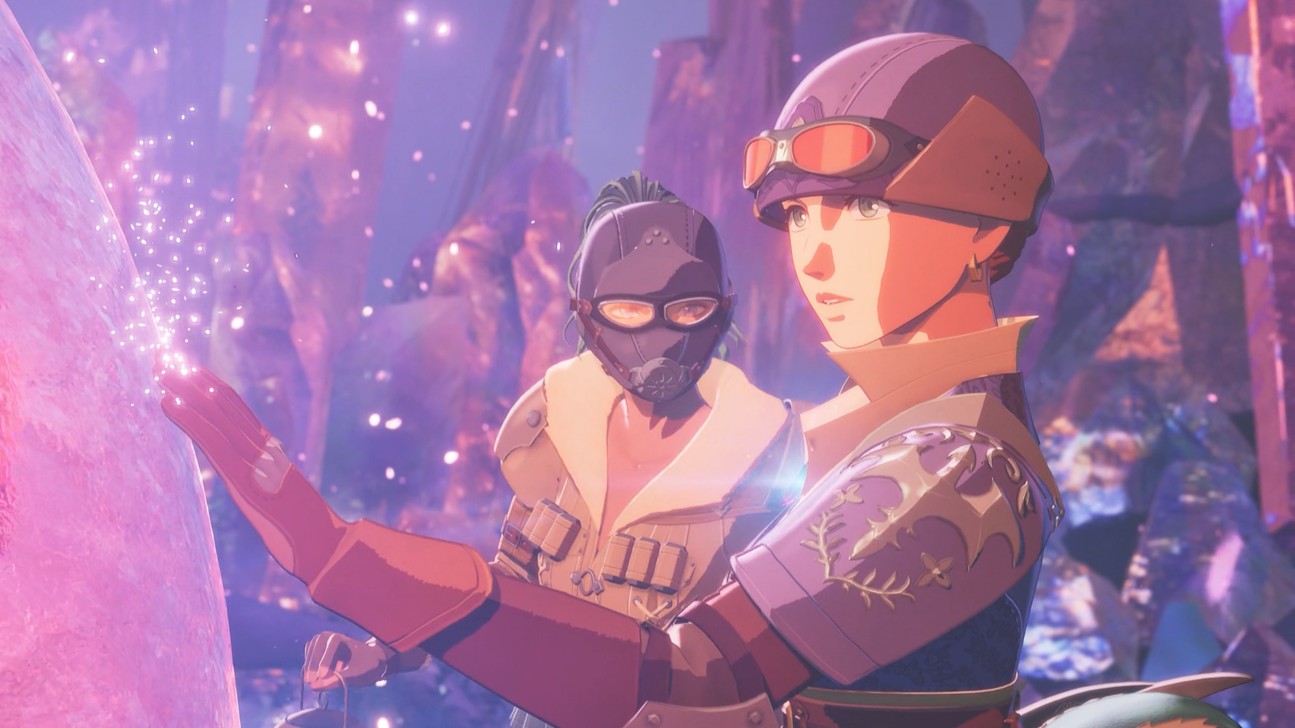
Take Monster Hunter Stories 3: at the same time as Final Fantasy's been transitioning into all-out action, Capcom has been experimenting with this little side series to see how well it can retrofit action into a turn-based combat system. This time around, it's confident enough in the game to go much bigger with it, and even in the tutorial I found myself puzzling my way through which weapon to attack which monster part with while summoning the right monster sidekick to fight alongside me.
The core audience will still be Monster Hunter players, but I'm willing to bet Capcom hooks a whole lot of Pokémon folks, too, who just love catching and training up a crew to fight for them.
The biggest surprise of TGS for me was Annapurna Interactive's People of Note, an indie RPG from a western studio that pastes the timed button presses of rhythm games on top of turn-based combat. In practice it plays much differently from Clair Obscur—there are multiple layers of music nerdery at work here: the common "turn order" UI shows you the literal tempo of the fight, and different abilities can change the musical genre of the battle, giving one of your characters or an enemy a buff.
Despite the developers saying you don't need a music degree to play People of Note, it gets surprisingly deep surprisingly quickly—if you have a Pavlovian response to the term "time signature" I think you'll find yourself drooling uncontrollably while playing this game next year.
Keep up to date with the most important stories and the best deals, as picked by the PC Gamer team.
A couple days before TGS I chatted with the longtime Japanese indie developer behind Stray Children, a follow-up to the odd but charming Moon: Remix RPG—a game that heavily influenced a young Toby Fox. Since Fox released Undertale, he ended up befriending Moon creator Yoshiro Kimura, and in turn some of Undertale has seeped into Stray Children, which is coming out in English at the end of October.
The official tagline is that it's a "bittersweet, fairytale RPG," and the 2D perspective makes it look like an old school JRPG at a glance. But I've played about the first hour of the game, now, without any sign of a random battle. From its trailer, what combat does exist in Stray Children looks closer to Undertale's minigames than your standard turn-based battles. It may not even really be fitting to call Stray Children a turn-based RPG at all—but it's very much playing with the form, presentation and expectations of '90s Japanese RPGs to do something very different.
Meanwhile, Fox's Undertale sequel, Deltarune, finally launched this year with its own ideas of how to play with the expectations for turn-based games.
Just a couple weeks ago, Trails in the Sky 1st Chapter—a remake of a turn-based game in a long-running series—launched to rave reviews. Our friends at GamesRadar+ called it "a masterclass in how remakes should be done," calling out how it modernizes the presentation with slick camera angles and more expressive characters while sticking to its turn-based combat.
Our own Sean Martin agreed, writing just this weekend: "It's become all too common for publishers to trot out a simple aspect ratio shift or minimal changes before slapping the 'remake' badge on a classic game. Here, however, you've got a remake that transforms the original Trails in the Sky into full 3D third-person, essentially the equivalent of a modern Trails game, with all of the series' QoL and combat mechanics included."
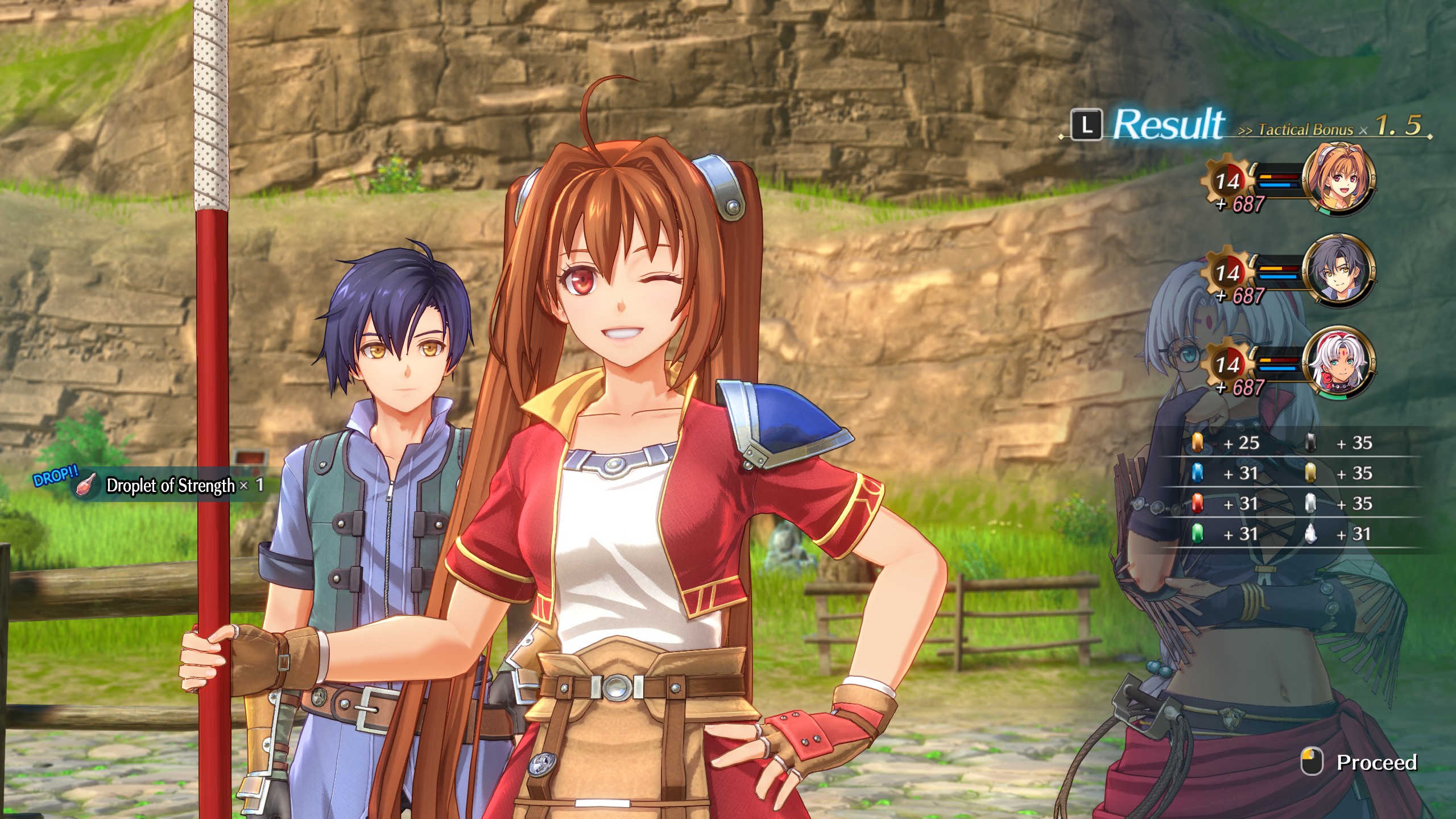
1st Chapter takes a similar approach to last year's celebrated Metaphor: ReFantazio, adding snacky real-time battles on the field while saving the turn-based mode for the main course. But I think it's more notable for flying in the face of common wisdom. Like Sega's Like a Dragon series, Nihon Falcom's Trails series has built a relatively small but extremely dedicated audience by releasing at least one monstrously long RPG every year, without fail, with modest graphics and intricate plotlines that are enriched by the context of having played a dozen or more of them in succession.
All the reasons they shouldn't be hits are why they've grown steadily more beloved every year.
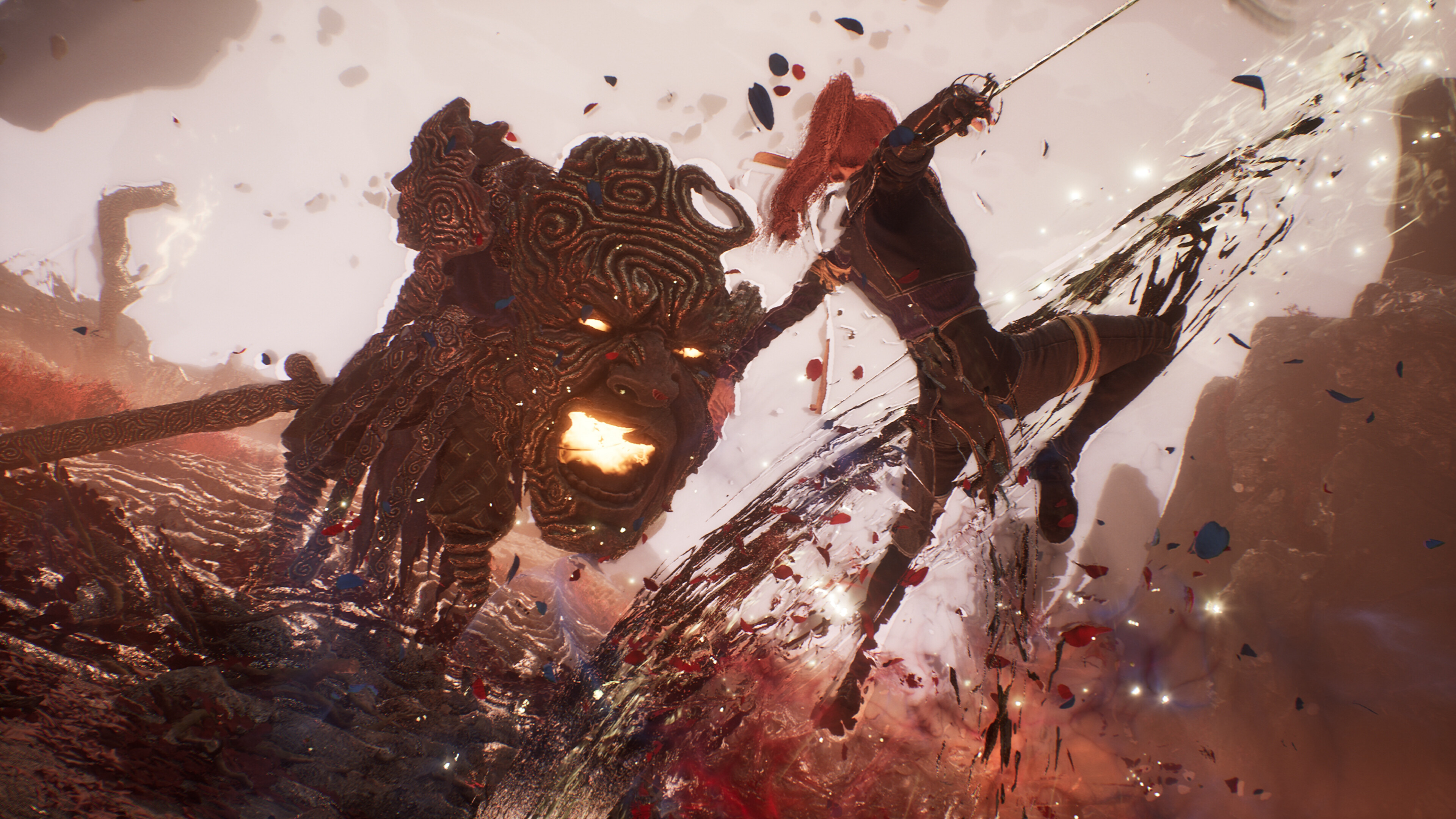
The list of turn-based games killing it right now goes on: We can finally play Final Fantasy Tactics on PC and it's a stellar remake, there's a new Digimon RPG and it's actually rad, and of course one of the most popular of the year, Clair Obscur: Expedition 33, came from a team that very much called its shot. A month before release, producer François Meurisse told us that the game's director was "starving for new turn-based RPGs when he started development" and figured other people must be, too. The developers were also happy to admit that its timing-based blocks and parries were pulling from existing turn-based RPGs, but presenting those bursts of action in a new way.
Clair Obscur's success will no doubt inspire loads more developers to make that same bet, and I hope as a result we see Japanese developers as big as Square Enix rethinking whether its triple-A games have to default to action. And while I try not to wield my position of influence irresponsibly, if about 20 million of you out there buy Monster Hunter Stories 3 next year and leave Capcom a Steam review saying "Bought this so you'll make a new Breath of Fire," you'd be doing me—and the world—a service.

Wes has been covering games and hardware for more than 10 years, first at tech sites like The Wirecutter and Tested before joining the PC Gamer team in 2014. Wes plays a little bit of everything, but he'll always jump at the chance to cover emulation and Japanese games.
When he's not obsessively optimizing and re-optimizing a tangle of conveyor belts in Satisfactory (it's really becoming a problem), he's probably playing a 20-year-old Final Fantasy or some opaque ASCII roguelike. With a focus on writing and editing features, he seeks out personal stories and in-depth histories from the corners of PC gaming and its niche communities. 50% pizza by volume (deep dish, to be specific).
You must confirm your public display name before commenting
Please logout and then login again, you will then be prompted to enter your display name.


